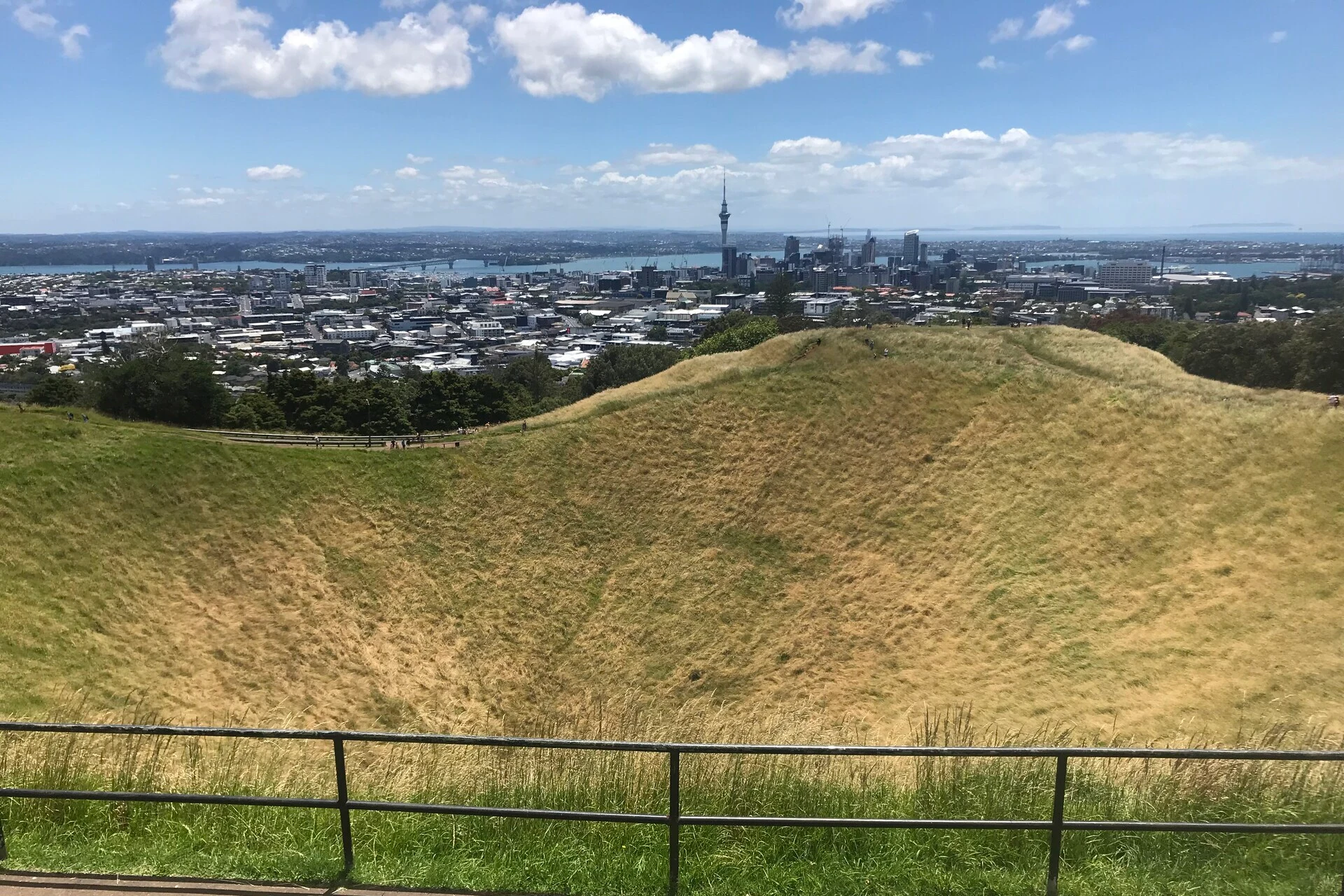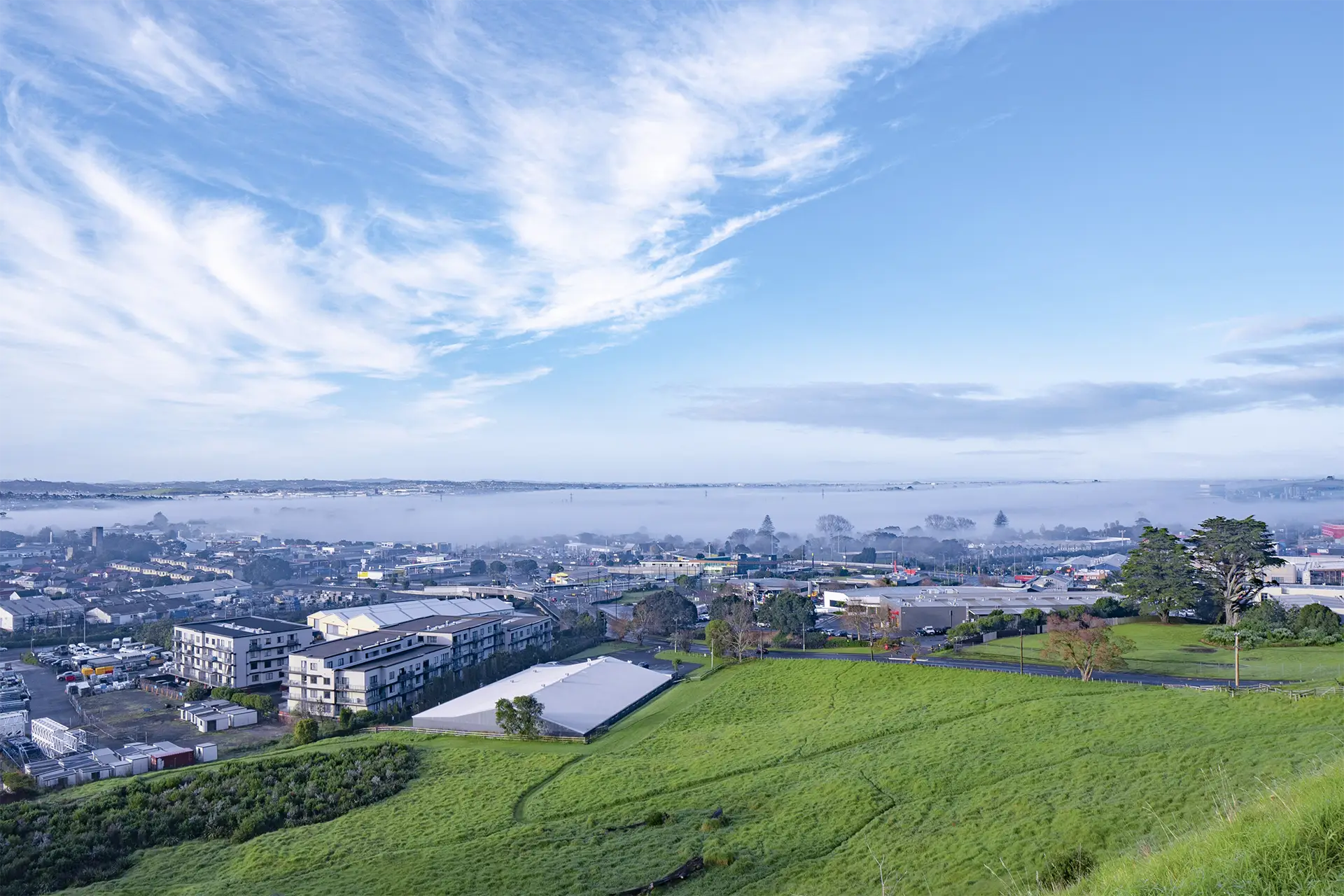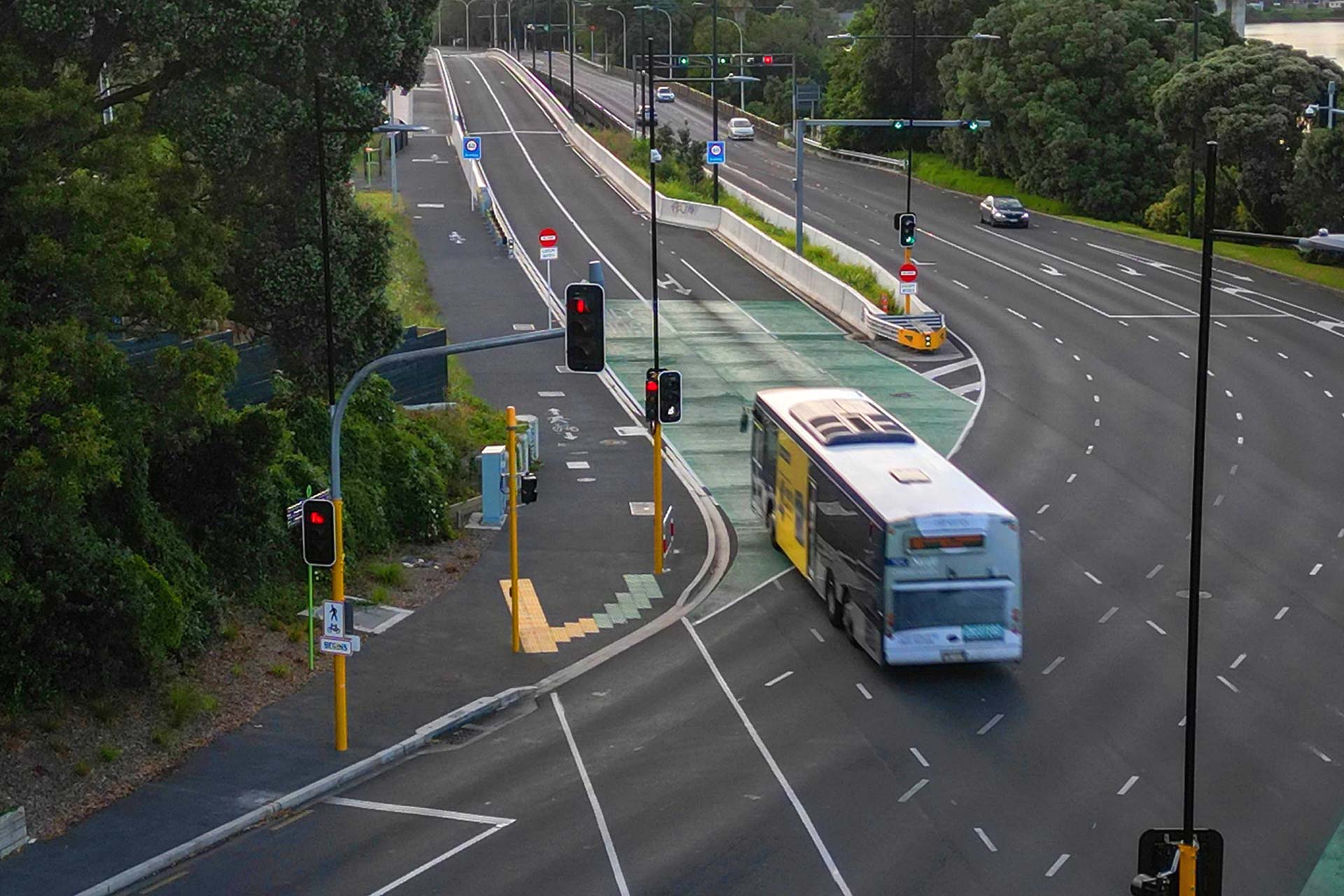The New Zealand Government’s proposed changes to the Public Works Act have stirred debate among local representatives and communities alike. Designed to accelerate land acquisition for critical infrastructure projects, the Public Works (Critical Infrastructure) Amendment Bill is being positioned as a tool for efficiency. However, as recent discussions within the Rodney Local Board highlight, concerns about process transparency and environmental oversight remain front of mind.
A New Approach to Land Acquisition
From a legal standpoint, the bill introduces measures aimed at streamlining land acquisition by offering additional compensation to encourage agreement between landowners and acquiring authorities. It also proposes replacing the current right of appeal to the Environment Court with a more informal “natural justice” process, relying solely on written submissions to the acquiring authority.
While this could reduce delays for infrastructure projects such as the Warkworth to Te Hana expressway, the shift raises questions about fairness and legal recourse. Without robust checks and balances, this streamlined model may risk overlooking environmental and individual rights.
Stakeholders on Both Sides
Some landowners and developers may benefit from the bill’s provisions. The promise of additional compensation for those who willingly sell their land or who are otherwise impacted by fast-tracked acquisition processes could ease tensions and accelerate negotiations. For project proponents, including public and private infrastructure developers, the reforms offer the prospect of fewer legal obstacles and faster delivery of essential projects.
However, community representatives and affected individuals are voicing reservations. Michelle Carmichael, speaking at the Rodney Local Board meeting, questioned whether replacing the Environment Court appeal process with written submissions would carry adequate weight. “It was difficult to tell from the minimal information provided,” she said, a sentiment echoed across the board.
Local Board chair Brent Bailey added, “The devil will be in the detail and the memo arrived so late that even staff haven’t had time to read and absorb it… We haven’t received enough information.”
Concerns Over Consultation and Process
Perhaps the most serious criticism of the public works act changes lies in the lack of proper consultation. The Rodney Local Board received only a summary memo—labelled “too little, too late”—to adequately review the implications before the council’s submission deadline. This undermines the very principles of informed local input and due diligence.
If you are impacted by land acquisition under the Public Works Act changes, talk to Wynyard Wood. Our team can help you understand your rights and guide you through the process with confidence.
Related Articles:
Related Services:
Our experienced Public Works Act lawyers can advise you on your rights and obligations, assist in negotiating compensation, and represent you in legal proceedings if necessary.
Read More
Solving disputes for families and businesses: Disputes are an inevitable part of life – it is how you deal with them that counts.







